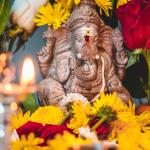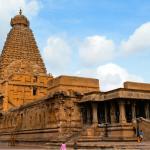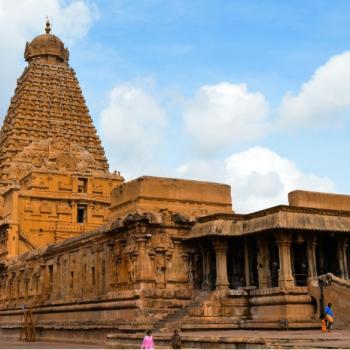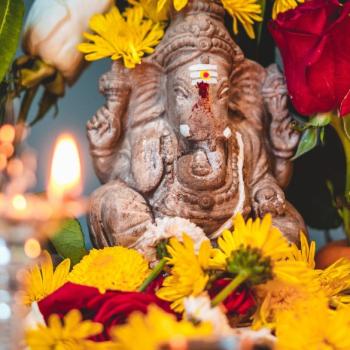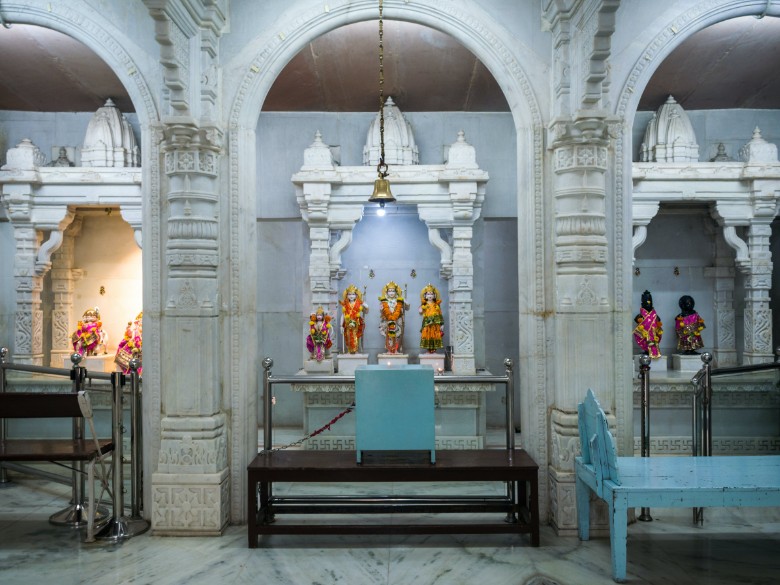
When one enters any Hindu temple, one can usually find shrines to a variety of Deities, so people automatically assume that all Hindus are polytheistic. However, the truth is much more profound. In this article, I will explain why Hinduism is actually a Monotheistic religion despite having a vast pantheon of deities.
Do All Hindus Believe in the Same God(s) or Goddesses?
Hinduism is a broad term for a vast conglomeration of religious practices and sects. Within Hinduism, there are four major traditions. Saivas worship the Supreme Universal Consciousness as Shiva. Vaishnavas worship the Supreme Universal Consciousness as Vishnu, particularly in the forms of Krishna or Rama. In Shaktism, they worship the Supreme Universal Consciousness as the Divine Mother, also known as Devi or Shakti. The last major tradition is Smartism, and they worship the Supreme Universal Consciousness as one of six forms: Ganesha, Shiva, Shakti, Vishnu, Surya, and Skanda or Muruga. Since they accept all major Hindu Gods, they are known as nonsectarian.
One Source, Many Forms
Whatever path or tradition a Hindu follows comes with the understanding that, ultimately everything is Brahman, the Supreme Universal Consciousness. From this Consciousness springs forth all of creation so, ultimately, everyone and everything is nothing but God at the deepest level. This naturally applies to the pantheon of Hindu deities as well since they each showcase different qualities of the same Universal Consciousness.
Each God or Goddess Represents a Particular Aspect of Divinity
Every God or Goddess has a specific purpose that invokes a particular energy or shakti. The Goddess Saraswathi, for example, represents truth, wisdom, education, and purity. People looking to be blessed with the power of speech, wisdom, and learning will pray to her. Ganesha is associated with prosperity, good fortune, and wisdom and is known as the remover of obstacles. In this way, every God and Goddess gives a specific energy and blessing when prayed to from the heart.
Just as human beings wear certain outfits for special occasions, so does God assume various forms of the Gods and Goddesses to fulfill specific purposes, yet ultimately, their source is all the same. Even in relationships we can see this play out. You know your mother simply as your mother. But, to others, she plays a different role. She is a colleague to her co-workers, a sister to her siblings, a friend to others, and a boss to the employees of her company. She assumes many different roles, but she remains the same! This is how Hindus view the Gods and Goddesses as different forms and functions of a single Divine Consciousness.
The Various Forms of Gods and Goddesses Attract Specific People
One of the most beautiful aspects of Hinduism lies in the fact that there is no one-size-fits-all approach. Every human being on this earth is different, so the path to Self-Realization cannot be the same for everyone. This is why certain people find themselves attracted to a particular God, Goddesses, or spiritual path. God is only one and does not care what name you call them by. All God needs to know is that you are sincerely calling them!
When a mother has a very young child, the child does not know their mom’s name, so they make any number of sounds to try and get the mother’s attention. The mother never says, “That’s not my name, so I will not come to you!” Instead, she knows the child is calling, so she comes without a second thought. Similarly, the concept of God is so deep and profound that the name we call them is irrelevant, which is why Hindus believe all paths ultimately lead to the same destination.
In conclusion, Hinduism is a monotheistic tradition that acknowledges the vast differences in forms and roles of the same universal Consciousness.


